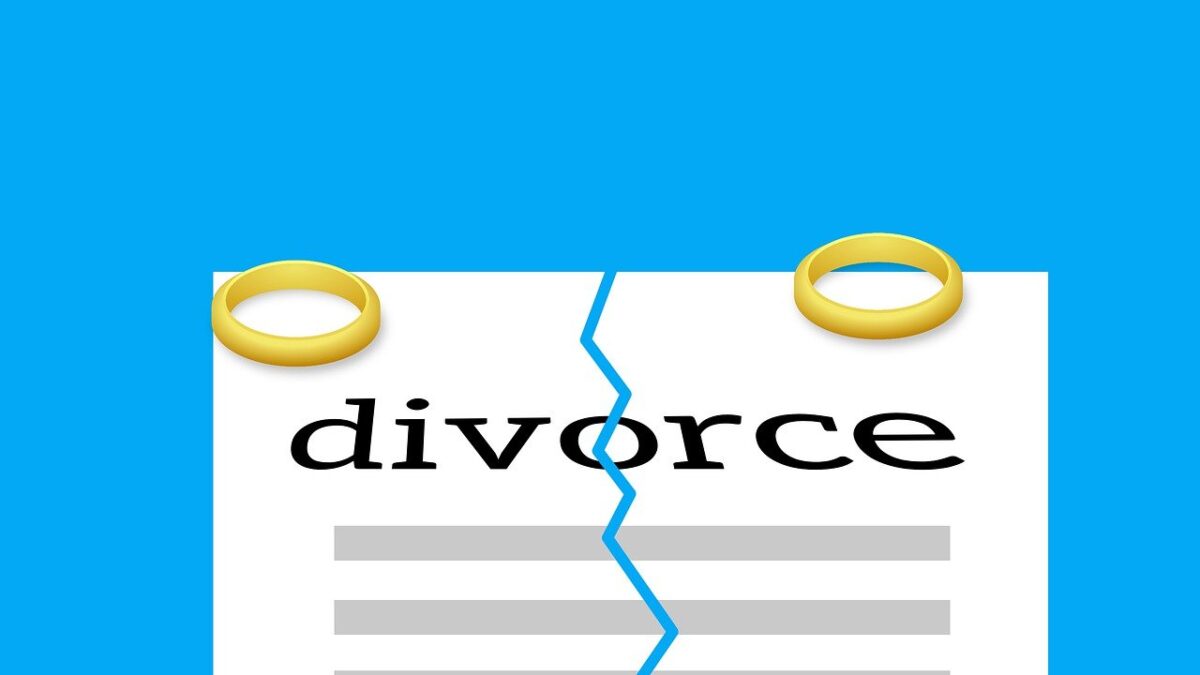Contested v. Uncontested Divorce
Bringing Balance to an Imbalance of Power
September 18, 2023
Wait ‘til the Judge Hears This!
October 7, 2023There Can Be a World of Difference
by Michael Heath
When hearing of a divorce, we imagine each spouse lawyering up in preparation for the inevitable battle. A marriage that was at one time filled with love and hope dissolves into a fight refereed by attorneys and a judge. Many divorces go that way. In fact, too many marriage breakups follow that path. It is known as a contested divorce. Fortunately, not all marriages end that way or even need to.
Contested Divorce
A contested divorce is a lawsuit. Papers are served from the petitioner to the respondent. The documents notify of the suit while outlining the case. The respondent will either agree to the divorce or contest it. If the divorce is contested each side begins the discovery process which is the gathering of information to build a case. Discovery is both time consuming and expensive. Litigation carries with it a win-lose mindset. Since each side is attempting to outdo the other the discovery procedures can be the catalyst of unwarranted acrimony. It is not uncommon for the process to exacerbate bitterness between the spouses. This is especially true when each side receives exorbitant legal bills that squander savings that have been built up for years.
Uncontested Divorce
As may be expected, one way to come to an uncontested divorce is for the respondent to accept the terms laid out by the petitioner. Another approach is to mediate the divorce prior to any filing. The couple uses a mediator acting as an impartial third party to guide negotiations. Once all issues are agreed to, a Marital Settlement Agreement is written up and submitted to the court along with other paperwork. A judge reviews it for approval prior to issuing a Final Judgement of Divorce. Other ways of reaching an agreement toward an uncontested divorce include collaborative divorce, arbitration, do-it-yourself divorce, and assisted do-it-yourself divorce. Each of the forementioned methods have the advantage of being less costly than a contested divorce, allows the couple to be in control of all decision making, and takes less time.
Contested Divorce Can Be Necessary and Even Have Advantages
There are times when the powers of the court are needed. For example, a marriage that experiences domestic violence is not a candidate for any voluntary mediation model. Safety becomes the big issue. Having legal counsel to help ensure safety and protect one’s rights will be needed. The same can be said when there is a dissipation of marital assets. Judges usually have little power to retrieve money and property that is squandered away. This is another clear case where a spouse will want to get an attorney in a hurry if marital assets are disappearing. The threat of children being absconded, mental illness, and substance abuse are among other scenarios where getting a good family attorney is recommended.
Litigation is more deliberate and thorough. This may bring peace of mind to a spouse or couple who believes that the informal discovery used in mediation may overlook something important. Some people simply like the idea of an attorney advocating for them. Even collaborative lawyers are not in the role of advocating for their client but are instead there to guide negotiations and provide legal information. Spouses may believe that they will get their best deal if the evidence is considered by an unbiased court.
To Litigate or Not to Litigate?
In many cases litigating the end of a marriage is the only approach that should or can be taken. In other circumstances mediation, arbitration, or do-it-yourself models can save money, conclude more quickly, and come to a more amicable conclusion. Knowledge of all next step options is critically important to a divorcing couple.




